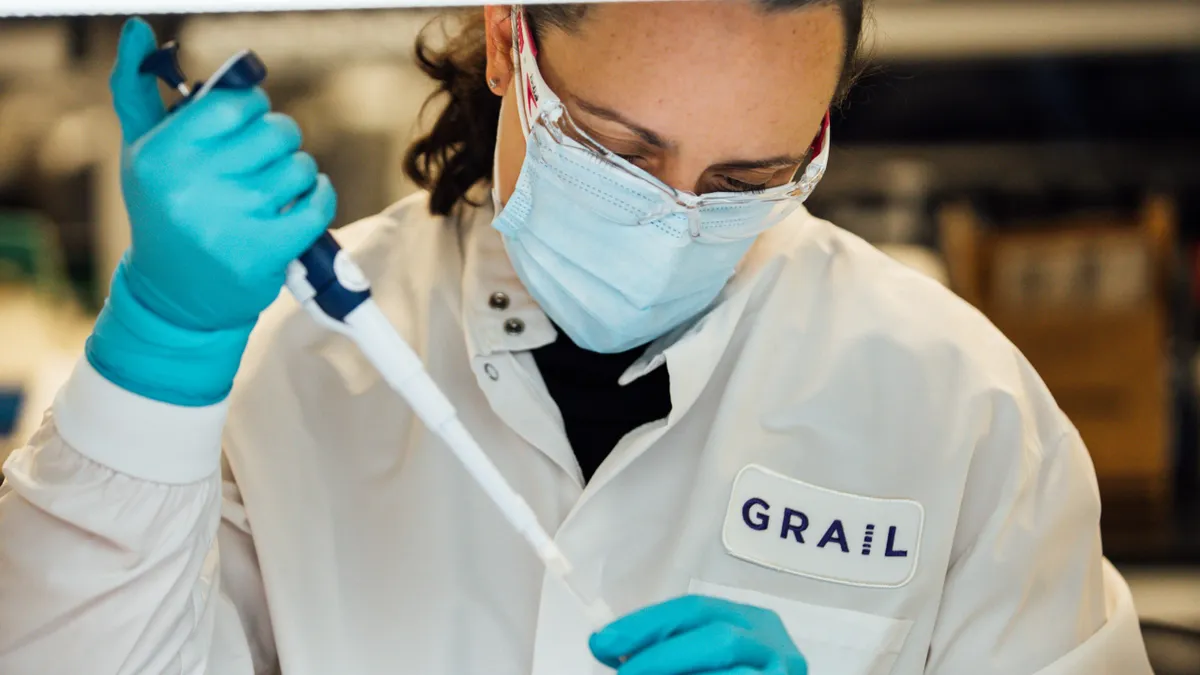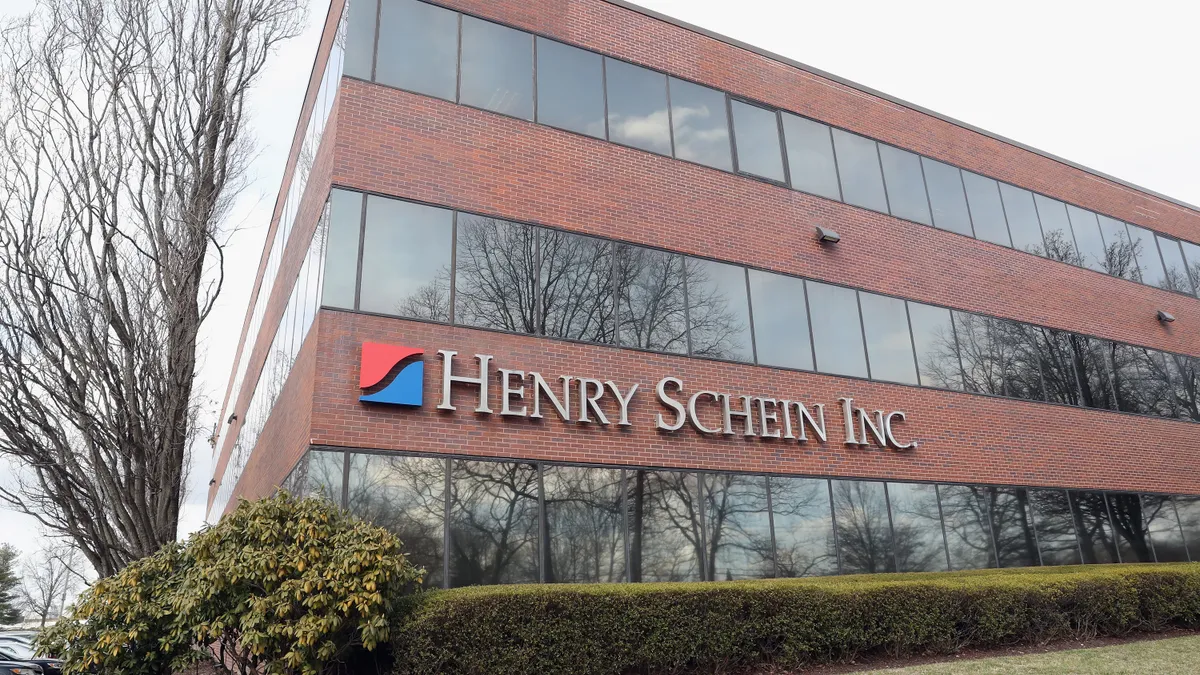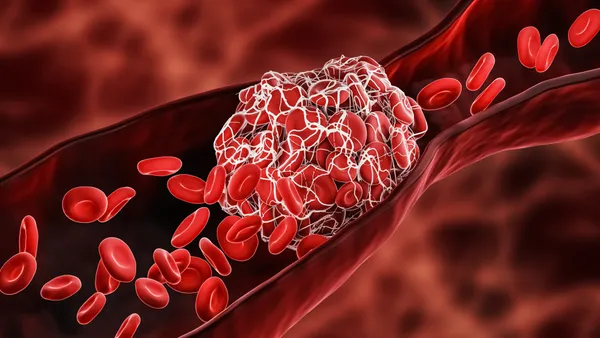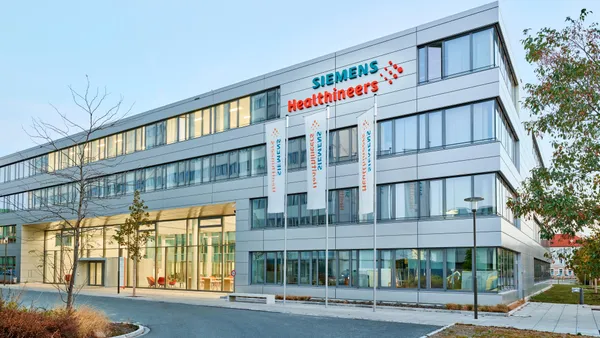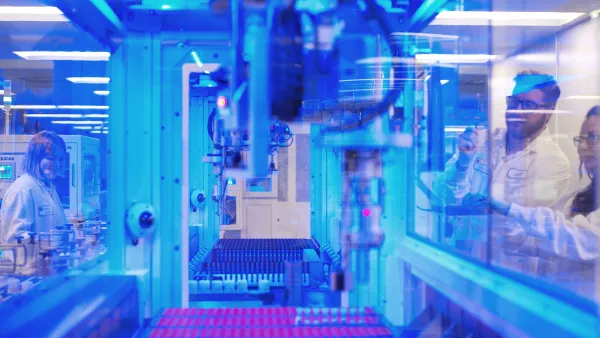Dive Brief:
-
Exports of medical devices from Massachusetts increased 7.7% last year, bringing the total value of shipments by the state's industry to more than $6.1 billion, according to a report released by regional trade group MassMedic in conjunction with advisory firm Grant Thornton.
-
Devices accounted for 23% of all products shipped from Massachusetts in 2018, making it the U.S. state most reliant on the medtech industry for exports.
-
The upbeat outlook was balanced by data on the number of new medical devices coming to market, which revealed a roughly 17% decline in 510(k) clearances originating in Massachusetts.
Dive Insight:
Massachusetts' export sector is unusually tied to the medtech industry. Over the past four years, Minnesota is the only other state to rely on the medtech industry for 10% or more of its exports.
The Massachusetts exports represent products from 420 medical device companies, largely concentrated around Boston. The medtech industry employees almost 25,000 people in the state. In the last five years, cardiovascular devices and in vitro diagnostics have been the most common products receiving premarket approval by Massachusetts companies, according to the report.
Massachusetts' wealth of research centers has kept the state in the forefront of medical device innovation but there are signs of a slowdown. The number of approved medical device patents awarded to Massachusetts' companies was down from 2,029 in 2017 to 1,976 in 2018.
The MassMedic report tracked a decline in 510(k) clearances, too. Last year, Massachusetts-based organizations received 89 clearances, down from 107 in 2017. In 2015, organizations in the state received around 160 clearances.
The trend may reflect broader forces rather than Massachusetts-specific factors. The number of FDA 510(k) clearances originating in California fell from 2015 to 2018, too, and the total awarded by the agency across the industry slipped last year. FDA data show it awarded around 13% fewer 510(k) clearances in 2018.
MassMedic aims to stem the decline. The trade group used the release of the report to outline a plan to stimulate innovation in the state, although at this stage it is still debating whether to focus on access to capital, adding laboratory space, attracting complementary industries or new incentives.
"I think it's important to look at the data in total, on a national basis, and see what trends are specific to Massachusetts versus what's a national trend with medical devices," MassMedic President Brian Johnson told MedTech Dive.
One of those trends has to do with reimbursement challenges.
"In the industry right now, reimbursement is really impacting the innovation pipeline," he said, adding MassMedic is discussing the value proposition for 510(k)s lacking robust clinical evidence. "If you don't have the clinical data, reimbursement becomes a harder hill to climb."
Maria Rachal contributed to this story.



